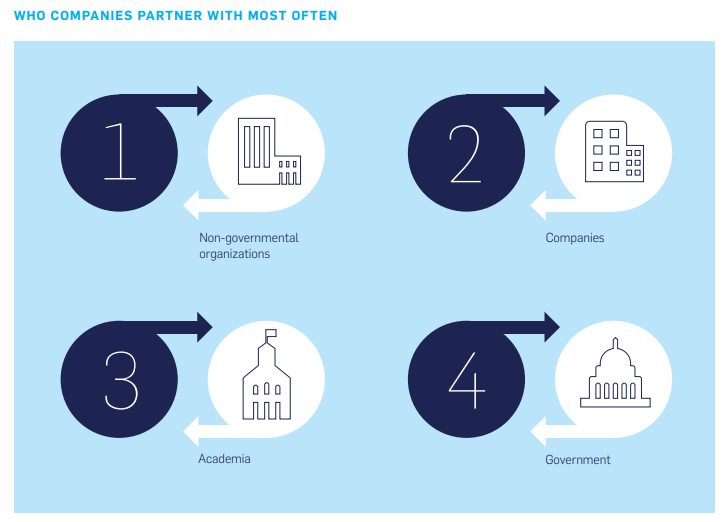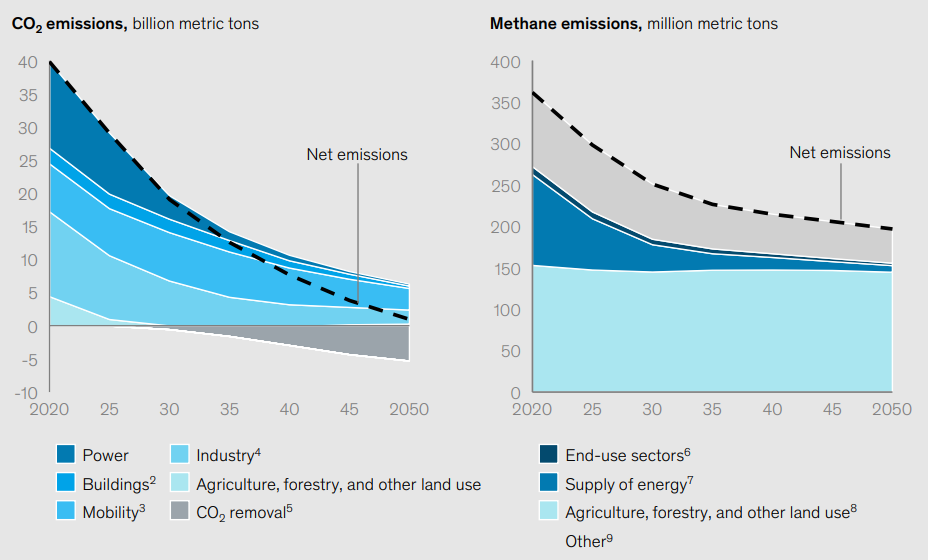
What I am trying to do today is to provide a comprehensive perspective across three key aspects of sustainability. First, let us discuss why the industry must earnestly embrace sustainable business practices – a cornerstone factor that has brought us all together. Second, we will explore the process of gauging a company’s genuine commitment to sustainability. Lastly, I will outline several actionable steps within a company’s realm that are essential for achieving a more sustainable organisational structure.
The pressing question is why should industries prioritise sustainable practices? Frankly, it is less a matter of choice and more a matter of necessity. We are collectively witnessing the environmental toll we have taken, particularly palpable for those of us in Delhi who have observed the recent upheavals firsthand. Arguably, the deliberation of whether sustainability is an option falls somewhat moot. Instead, our initial focus should be on acknowledging this imperative.
Equally vital is acknowledging that the younger generation, particularly Gen Z and younger Millennials, recognises the fragile state of our planet. They are adamant about ensuring a better legacy for their progeny and are vociferously demanding accountability from corporations and the products they patronise. This assertiveness is particularly pronounced among Gen Z, signifying a generational shift driven by an intrinsic understanding that inheriting a compromised world is not acceptable.
READ I India’s sustainability quest: From desirable goals to possible ones
Sustainability: A win-win scenario for corporates
Public awareness has risen significantly as well. The days when sustainability discussions were relegated to the periphery are long gone. The fact that we are convening in this summit and witnessing a global paradigm shift toward businesses taking the subject more seriously is a testament to the escalating public consciousness.
Further contributing to this shift is the evolving cultural landscape. A striking instance is the stance of Blackstone, the world’s leading private equity fund, which announced a few years ago that they would exclusively invest in companies genuinely committed to sustainable practices. This marks a notable departure from an era when profit was the sole driving force for private equity entities.

Net zero 2050 scenario

The heart of the matter is recognising that businesses are integral components of a broader ecosystem. They are not mere profit generators for shareholders; they are entities accountable to stakeholders, including employees, associates, vendors, and most importantly, the community they operate within. If a business cannot foster and support the community it operates in, its very purpose is thrown into question. Thus, the gravitas of adopting sustainability is not a question; it is a mandate.
Transitioning to the next facet: how can we discern a business’s sincere dedication to sustainability? A key discriminator is whether a company selectively embraces ethical practices based on convenience and expediency. While many may adopt sustainability when there is a clear business incentive, the litmus test lies in adhering to ethical principles even when the business case is not immediately evident. Moreover, authentic commitment is evident through investments in ethical and sustainable production processes, rather than merely yielding to price-driven or convenient sourcing options.
A pivotal consideration is the locus of decision-making power within a company. Often, in promoter-driven conglomerates, decisions are dictated by the promoters’ interests. However, a more inclusive approach is vital, necessitating representation from diverse stakeholders – including vendors, consumers, and local communities – to ensure holistic decision-making.
Integral to this examination is where a company’s profits ultimately flow. A telling sign of genuine commitment is whether profits are reinvested back into the community that sustained the organisation in the first place.
Lastly, let us address how businesses can concretely embody sustainability. The bedrock is aligning business strategy seamlessly with sustainable practices, recognising that it is not an afterthought but an intrinsic driver. Compliance should not be touted as a competitive advantage; it is an essential baseline that must be met. Migrating from a reactive to a proactive stance is crucial, necessitating an early acknowledgement of the organisation’s ethical obligations to its community. Measuring and quantifying sustainability efforts are pivotal; after all, what is not measured cannot be managed. Transparent practices underscore credibility.
Moreover, involving the entire organisation is pivotal; shared participation from employees across hierarchies in community engagement and sustainability initiatives breeds collective ownership. Lastly, the broader ecosystem must be engaged. Calculating and quantifying the holistic impact an organisation has on the community, beyond its headquarters, is a definitive step in this direction.
To conclude, the industry’s dedication to sustainable practices transcends being a mere choice – it is a requisite for our shared future. It is time for us to harmonise our strategies, elevate compliance, and synergise our ecosystem for a more sustainable trajectory.
(Lloyd Mathias is a business strategist angel investor. He is a board member and advisor with several companies in the technology and consumer space. This article is the edited excerpts of Mr Mathias’ speech at the India Sustainability Summit, organised by Policy Circle on July 26 at the India International Centre, New Delhi.)
